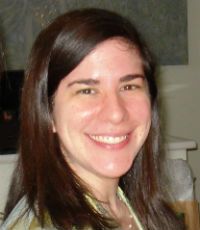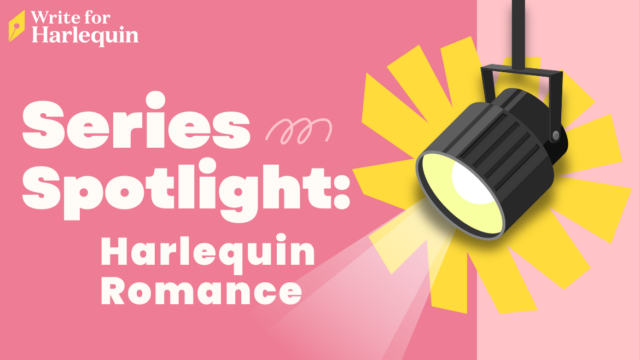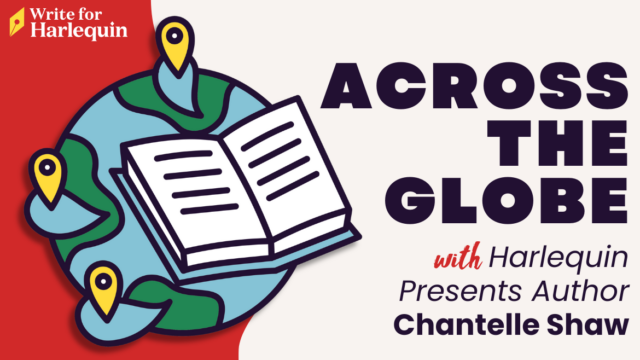

Associate Editor Elizabeth Mazer brings you her do’s (and don’ts!) for submitting your story to a Harlequin editor!
At Harlequin, we pride ourselves on having something to suit every taste. Whether you write heart-pounding suspense, sizzlingly sexy stories, or clean romances, we’ve got a program that could be a perfect match for you. But even when you’ve figured out which line is the right fit for your stories and your voice, there’s one more thing you have to figure out. Which editor should you target?
I’ve worked in the New York office for a number of years, and one of the most common mistakes I see is authors targeting the wrong person with their submissions. Sometimes these are big mistakes. (If you address your query letter to someone who hasn’t worked here in ten years, it’s going to tell me that you’re not paying attention to what we’re currently doing in our program. Likewise, if you address your steamy historical romp to the editor who works on Christian inspirational—yours truly—I’m going to have a hard time taking you seriously.) Sometimes these are absent-minded mistakes. (If the query letter is supposedly addressed to me but starts with the words “Dear Sir,” I’ll figure out pretty quickly that this is a form letter you’ve sent to many people before. Either that, or my picture on the website is much worse than I thought.) But most often, they’re misguided mistakes.
People like to aim for the top. If they look at a list of editors on a particular publishing program, they’ll probably direct their letter to whoever is in charge. Working from the same idea, if they see multiple editors taking appointments at a writing conference like RWA, they’ll arrange an appointment with the person highest up. Sounds sensible, right? Think again.
The person at the top of each individual program is probably going to be the senior editor. And if you look at the senior editors here in the New York office, you’ll see a lot of very smart, very capable, very experienced editors. You’ll also see an extremely busy group of people. Senior editors have staff to manage, line meetings to oversee, projects to coordinate with art and marketing, book scheduling to arrange, contracts to approve, and their own established base of authors to work with. Do they want to see a terrific new project for their line? Absolutely. But if a project needs a lot of work, do they have the time to give a new author to shape and perfect her story? That can be more of a challenge.
You know who has that time? The assistants on the line. Anyone—from the editorial assistant up to the senior editor—has the authority to acquire new authors, and it’s the assistants who are usually the most eager to find new voices and grow their author bases. Pitch a story to them—either at a conference or through Submittable—and you might be surprised at the enthusiastic response you get. Just one last word of advice, though—double check before calling them “sir.”
Read Elizabeth’s post on targeting your submission to a series here!





